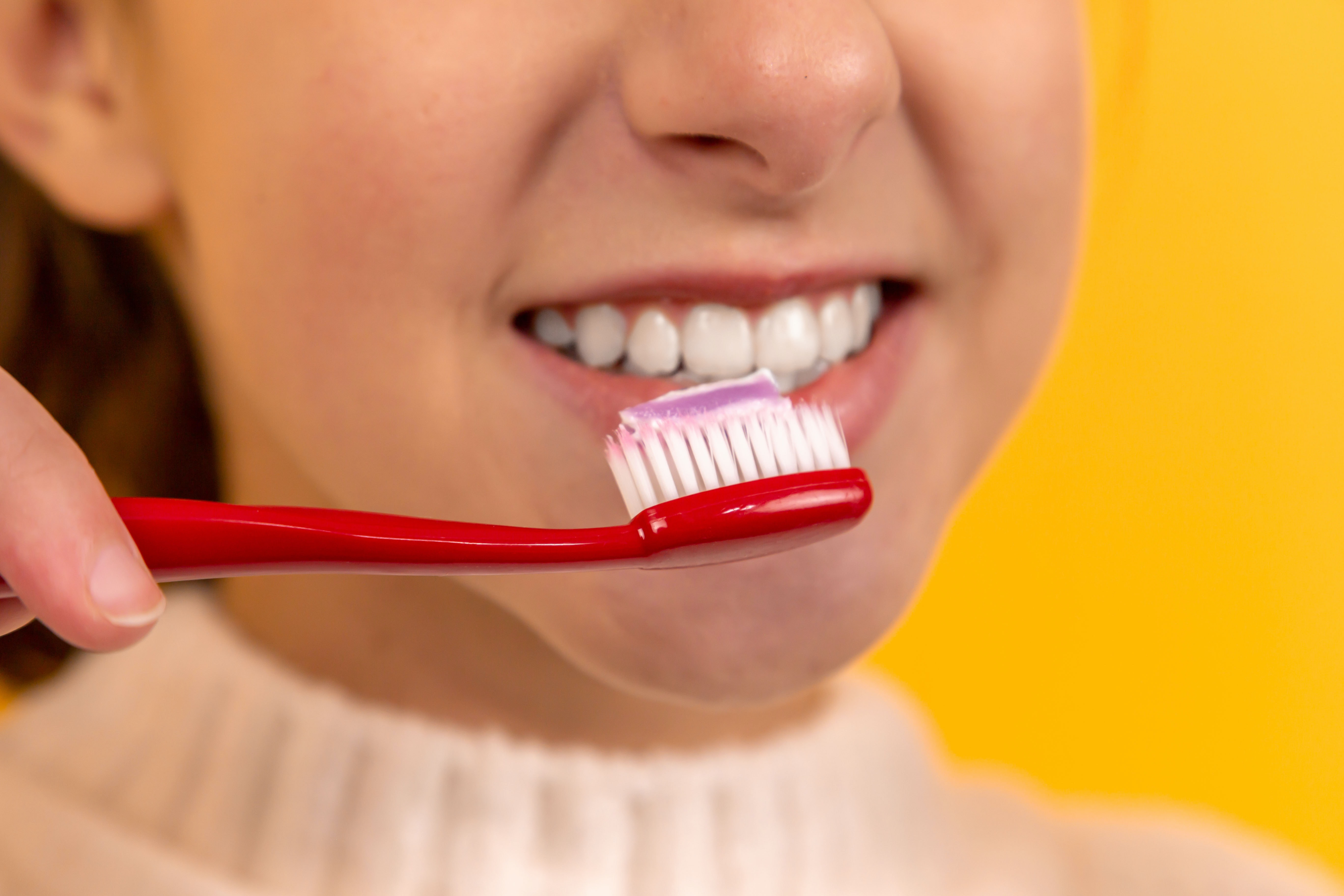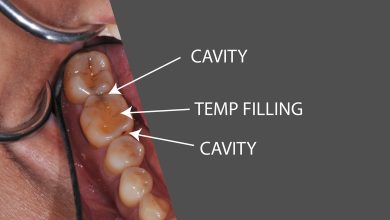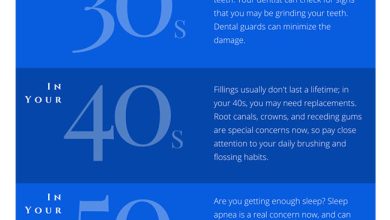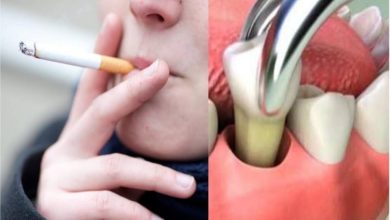Can Acid Reflux Cause Tooth Decay? 5 Ways to Protect Your Teeth

Yes, acid reflux can lead to tooth decay as the acid from the stomach can erode the enamel on the teeth. Acid reflux, also known as gastroesophageal reflux disease (GERD), occurs when acid from the stomach flows back into the esophagus, causing a range of symptoms.
This refluxed acid can reach the mouth and over time, wear away the protective enamel layer on the teeth. Without this enamel, the teeth become more susceptible to cavities, sensitivity, and decay. It is essential to manage acid reflux effectively to prevent dental complications and maintain good oral health.
Regular dental check-ups and a thorough oral hygiene routine can help minimize the risk of tooth decay caused by acid reflux.
Understanding Acid Reflux And Its Impact On Dental Health
htmlAcid reflux is a condition where stomach acids flow back up into the esophagus, causing discomfort and various health issues. One of the less-known impacts of acid reflux is its association with tooth decay. The connection between acid reflux and tooth decay can be explained by how stomach acids damage tooth enamel and promote tooth erosion.
| How stomach acids can damage tooth enamel | The role of acid reflux in promoting tooth erosion |
|---|---|
| Stomach acids, when they reach the mouth, can weaken and erode the protective enamel covering the teeth. The acid can also decrease saliva production, which normally helps neutralize acids and protect teeth. | Acid reflux increases the frequency of acid exposure to teeth, leading to greater chances of tooth erosion. The acid can reach the mouth during episodes of reflux, potentially causing damage over time. |
People with acid reflux should pay attention to their oral hygiene to minimize tooth decay risks. Regular brushing with fluoride toothpaste, using a soft-bristled toothbrush, and avoiding acidic foods and drinks can help protect tooth enamel. It is also advisable to consult a dentist for guidance on and managing acid reflux-related tooth decay.
Identifying Acid Reflux-related Dental Problems
Identifying Acid Reflux-Related Dental Problems
Acid reflux, also known as gastroesophageal reflux disease (GERD), is a common condition that occurs when stomach acid flows back into the esophagus. While it primarily affects the digestive system, acid reflux can also lead to dental problems. Recognizing these dental symptoms is crucial for timely intervention.
Common dental symptoms associated with acid reflux:
- Erosion of tooth enamel
- Tooth sensitivity
- Tooth discoloration
- Cavities or dental caries
- Bad breath or halitosis
- Dry mouth
How to recognize tooth decay caused by acid reflux:
If you experience regular heartburn, persistent sore throat, or a sour taste in your mouth, it may indicate acid reflux. A dentist can identify tooth decay caused by acid reflux through visual examination, X-rays, or pH monitoring of the oral cavity. Seeking professional dental care is crucial for preventing further damage.
Additional oral health issues linked with acid reflux:
- Gum disease or gingivitis
- Mouth ulcers
- Enlarged tonsils
- Breathing problems during sleep (sleep apnea)
Protecting Your Teeth From Acid Reflux Damage
htmlAcid reflux can lead to tooth decay due to the stomach acid that flows back into the mouth during a reflux episode. To protect your teeth from acid reflux damage, it is essential to follow good oral hygiene practices. Maintaining a regular brushing and flossing routine is crucial in minimizing acid erosion. Choose a gentle toothpaste specifically designed for acid reflux sufferers, as they are formulated to be less abrasive and more effective in neutralizing acid. Proper toothbrushing techniques are also important. Using a soft-bristled toothbrush and gently brushing all surfaces of the teeth helps to remove plaque and prevent enamel erosion. Additionally, rinsing with water or an alcohol-free mouthwash after a reflux episode can help to dilute and wash away any lingering acid. Take proactive measures to preserve your oral health and minimize the risk of tooth decay caused by acid reflux.
Managing Acid Reflux To Preserve Dental Health
Acid reflux, also known as gastroesophageal reflux disease (GERD), occurs when stomach acid flows back into the esophagus. In addition to causing discomfort in the chest and throat, acid reflux can also have a detrimental effect on dental health. The acidic content from the stomach can erode tooth enamel, leading to tooth decay and sensitivity. However, there are lifestyle changes and dietary modifications that can help reduce acid reflux and protect dental health.
Individuals with acid reflux should consider:
- Eating smaller, more frequent meals to prevent overfilling the stomach
- Avoiding lying down immediately after eating to allow gravity to keep stomach acids in place
- Limiting the consumption of acidic and spicy foods that can trigger reflux
- Quitting smoking as it can worsen acid reflux symptoms
- Reducing alcohol and caffeine intake, both of which can increase acid production
- Managing stress through relaxation techniques, as stress can exacerbate acid reflux
It is important to seek medical intervention for acid reflux treatment to alleviate symptoms and prevent further damage. A healthcare professional can recommend appropriate medications and lifestyle changes to manage acid reflux effectively. However, it’s crucial to be aware that certain acid reflux medications, such as proton pump inhibitors (PPIs), may have side effects on dental health. Prolonged use of PPIs can lead to a reduction in saliva production, which is necessary for maintaining oral health.
In summary, adopting lifestyle changes and dietary modifications, along with medical intervention, can help manage acid reflux and protect dental health. Regular dental check-ups are also essential to monitor and address any potential tooth decay or enamel erosion caused by acid reflux.
Seeking Professional Dental Care For Acid Reflux Patients
Acid reflux, also known as gastroesophageal reflux disease (GERD), can indeed contribute to tooth decay. The constant exposure of the teeth to stomach acid can erode the enamel, leading to tooth sensitivity, cavities, and even tooth loss. Seeking professional dental care is crucial for acid reflux patients to minimize the impact on dental health.
Regular dental check-ups and cleanings are essential for acid reflux patients. Dentists can monitor the oral health, identify any signs of acid erosion, and provide appropriate treatments. Additionally, they can offer guidance on proper oral hygiene practices and recommend dental products that can help protect the teeth.
Dental treatments and procedures are available to repair acid reflux-related tooth damage. These may include dental fillings, bonding, inlays, or onlays to restore tooth structure. For more severe cases, dental crowns or veneers may be recommended to cover and protect damaged teeth.
Collaboration between dentists and gastroenterologists is crucial for comprehensive care of acid reflux patients. By working together, they can address both the dental and digestive aspects of the condition, ensuring the best outcomes for the patient’s oral and overall health.
| Dental Care for Acid Reflux Patients |
|---|
| – Regular dental check-ups and cleanings |
| – Identification and treatment of acid erosion |
| – Guidance on proper oral hygiene practices |
| – Recommendation of dental products for protection |
| – Dental treatments: fillings, bonding, crowns, veneers |
| – Collaboration with gastroenterologists for comprehensive care |

Credit: www.kneibdentistry.com
Frequently Asked Questions For Can Acid Reflux Cause Tooth Decay?
Can Acid Reflux Cause Rotten Teeth?
Yes, acid reflux can cause rotten teeth due to the stomach acid that travels up into the mouth, eroding the tooth enamel.
How Can I Protect My Teeth From Acid Reflux?
To protect your teeth from acid reflux, follow these tips: 1. Avoid acidic foods and drinks. 2. Rinse your mouth with water after experiencing reflux. 3. Chew sugar-free gum to stimulate saliva production. 4. Use fluoride toothpaste and drink fluoridated water.
5. Visit your dentist regularly for check-ups and professional cleanings.
Can A Dentist Tell If You Have Acid Reflux?
Yes, a dentist can detect acid reflux by examining oral signs like tooth erosion, inflamed gums, and bad breath. Regular dental checkups are crucial to catch and address acid reflux early on.
What Are The Signs Of Acid Erosion In Teeth?
Signs of acid erosion in teeth include tooth sensitivity, discoloration, rounded or transparent edges, tooth pain, and tooth decay. Alcohol consumption, acidic food and beverages, and conditions like acid reflux can cause acid erosion. Regular dental check-ups can help detect and treat the early stages of acid erosion.
Conclusion
Acid reflux can indeed contribute to tooth decay due to the frequent exposure of the teeth to stomach acid. This condition can erode the protective enamel layer, leading to cavity formation, tooth sensitivity, and other oral health issues. It is crucial to seek proper diagnosis and treatment from a healthcare professional to prevent further complications and maintain a healthy smile.
Remember, taking preventive measures and practicing good oral hygiene can go a long way in safeguarding your dental health.





